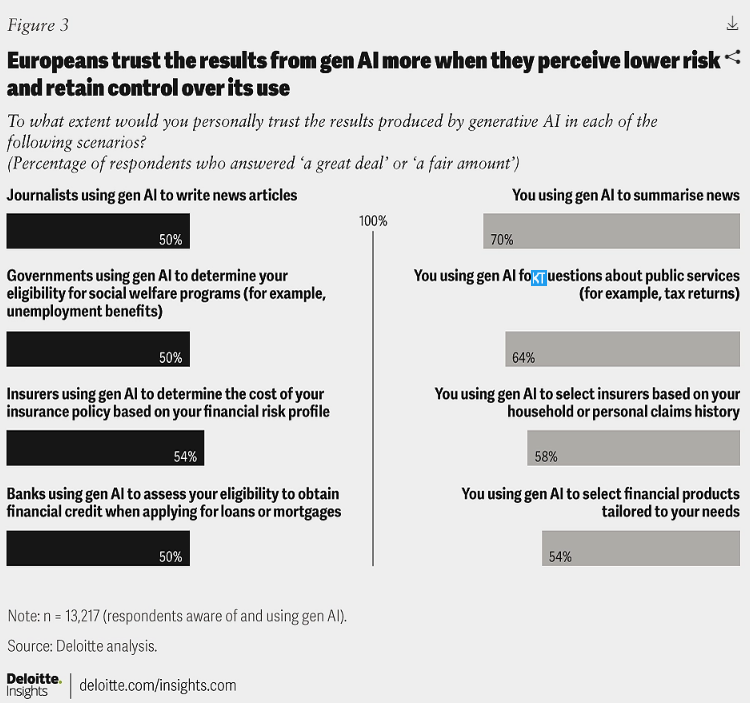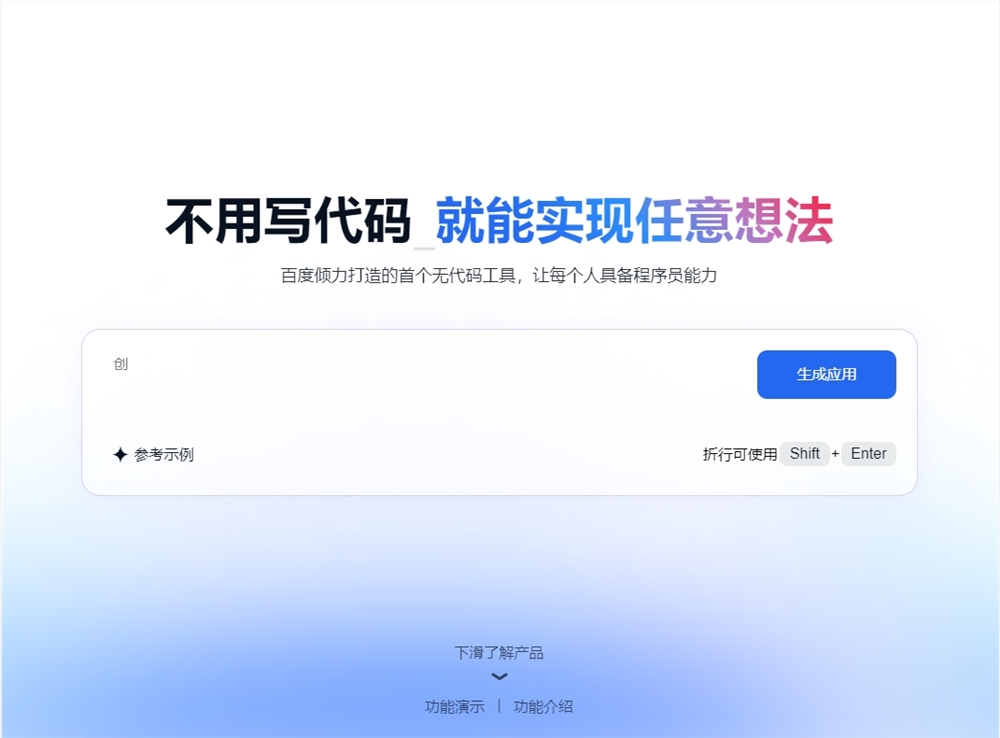Recently, Deloitte conducted a survey among 30,252 consumers and employees in Belgium, France, Germany, Ireland, Italy, Poland, Spain, Sweden, Switzerland, the Netherlands, and the UK from June 28 to August 12, 2024.
The results indicate that 44% of the respondents have already used generative artificial intelligence (Gen AI), 22% are aware of it but have not used it, while 34% are unfamiliar with or uncertain about generative AI tools.

Approximately one-third of Gen AI users access these tools at least weekly for personal (30%) and work-related activities (33%). Personal use primarily focuses on general searches and information gathering (47%), followed by creative generation (40%). For professional purposes, creative generation ranks high (40%), followed by summarizing texts and general searches (both at 38%), and content creation or editing (37%). Notably, generative AI plays a significant role in overcoming language barriers, with translation being popular for personal (27%) and work uses (30%). This underscores the potential of generative AI in global communication and information processing.
The survey shows that Gen AI users generally hold optimistic views. Most believe that Gen AI can help businesses improve products and services (71%), automate routine tasks to enhance employee experiences (66%), and benefit society as a whole (59%).
In the workplace, 79% of employees using generative AI believe it will make their jobs easier within the next two years, and 73% expect it to make their roles more enjoyable. Additionally, 74% of these employees want to develop skills to better use these tools, and 69% are excited about the job opportunities Gen AI can offer. About 68% of respondents think Gen AI will help them stay relevant in their careers. These findings align with Deloitte's latest survey, "State of Gen AI in Enterprises Q3," where only 17% of European leaders cited employee cultural resistance as a significant barrier to deploying Gen AI, compared to governance (27% of European respondents) and regulatory compliance (34% of European respondents).
Despite the optimistic outlook, concerns about responsible use persist. While many users recognize the positive potential of Gen AI, only 50% are confident in the government's ability to effectively regulate its use, and only 51% believe businesses will use it responsibly. Widespread concerns about deepfakes (65%), the spread of misinformation or fake news (63%), and personal data abuse (62%) exacerbate these reservations.

Respondents in the study tend to trust the results generated by Gen AI in certain hypothetical scenarios more than others. Specifically, European consumers often trust the results generated by Gen AI when they use it themselves, especially for low-risk use cases. However, this trust diminishes when organizations use Gen AI for scenarios that respondents might perceive as higher risk.
For example, in the media sector, 70% of European users trust Gen AI to generate summaries of news articles. Nonetheless, when journalists use it to write news articles, only 50% trust it. Similarly, in the public sector, 64% of users trust Gen AI to provide personalized assistance on matters like tax filings or welfare applications. However, only 50% of respondents trust government departments to use AI to determine their eligibility for social welfare programs.











